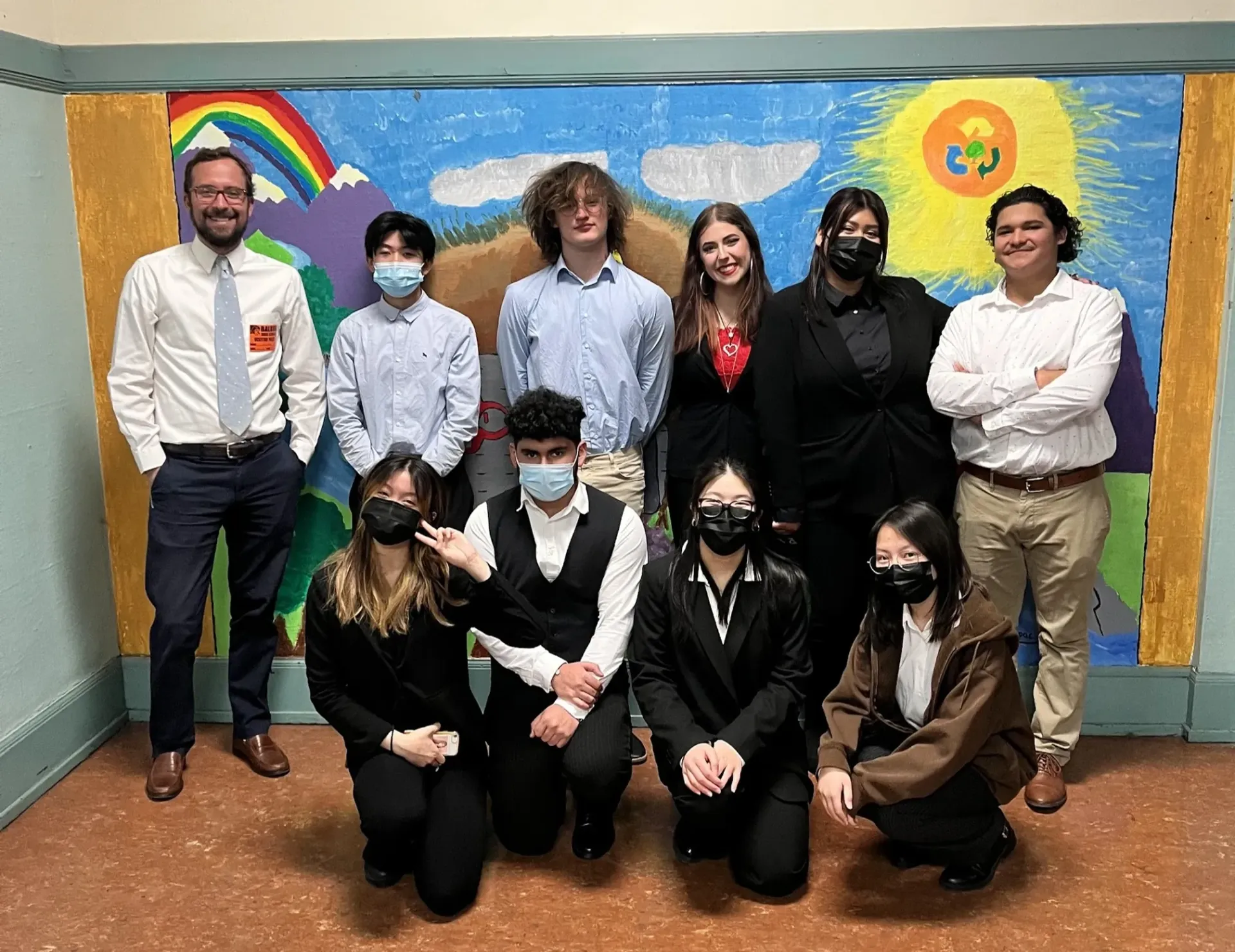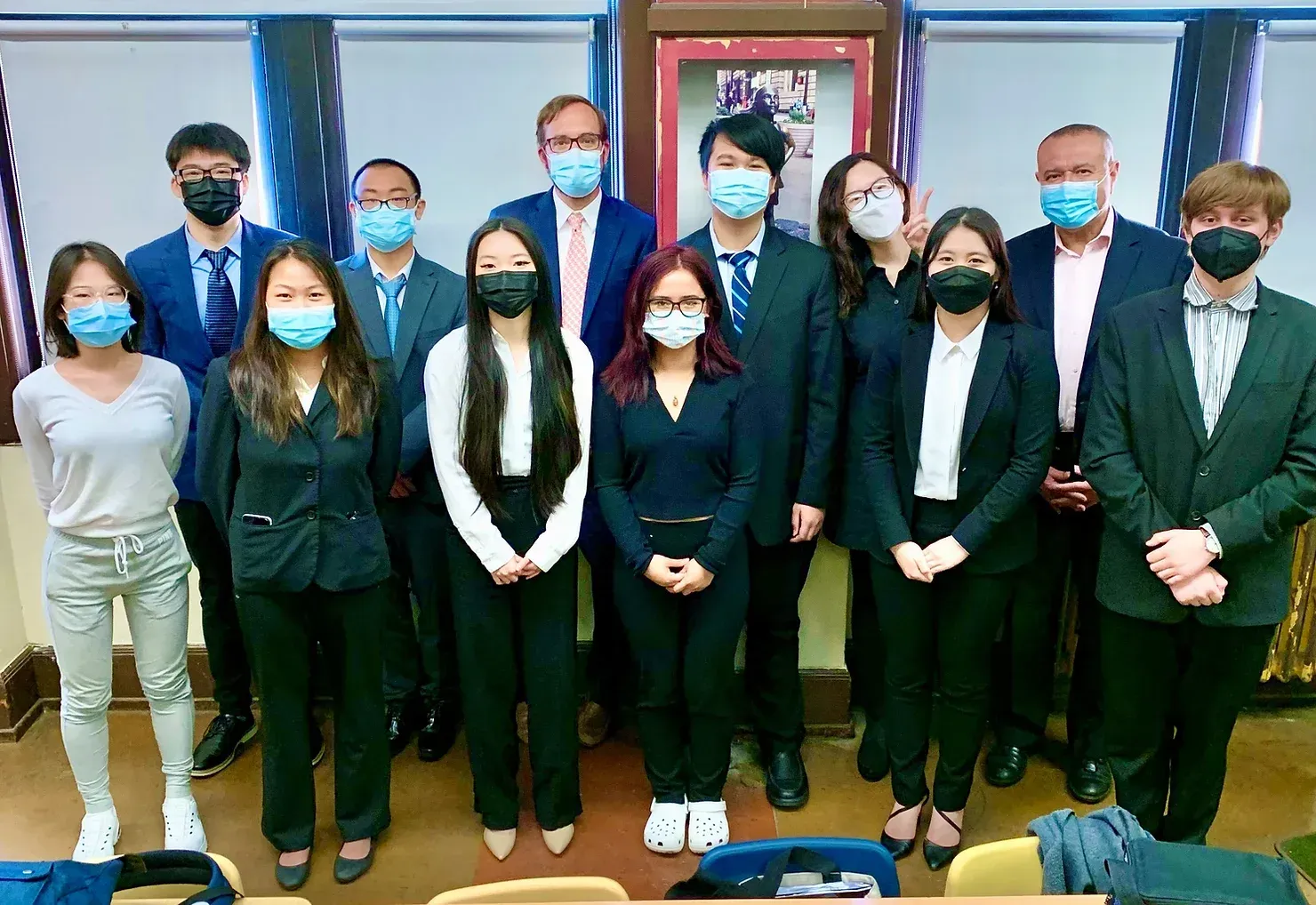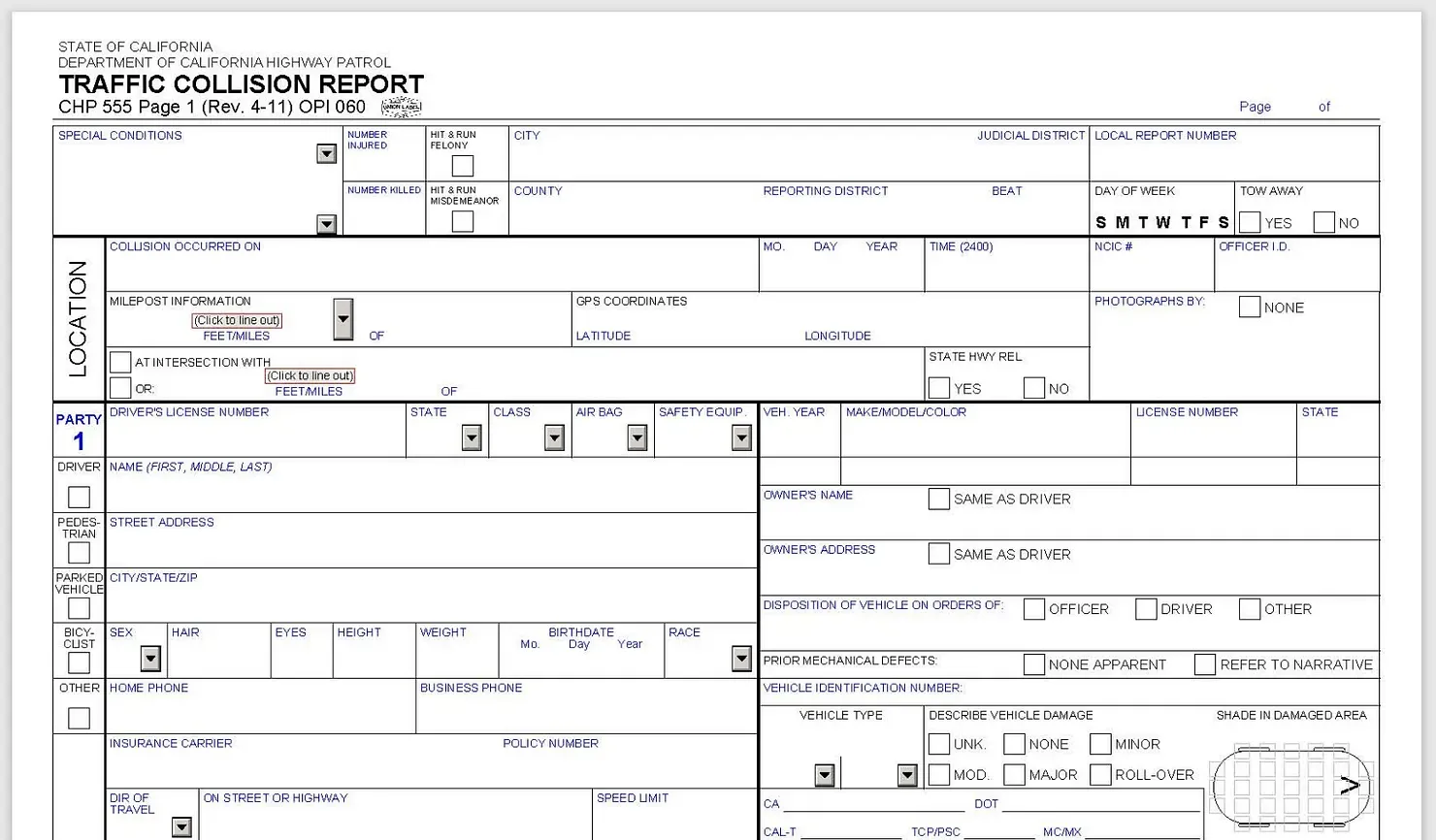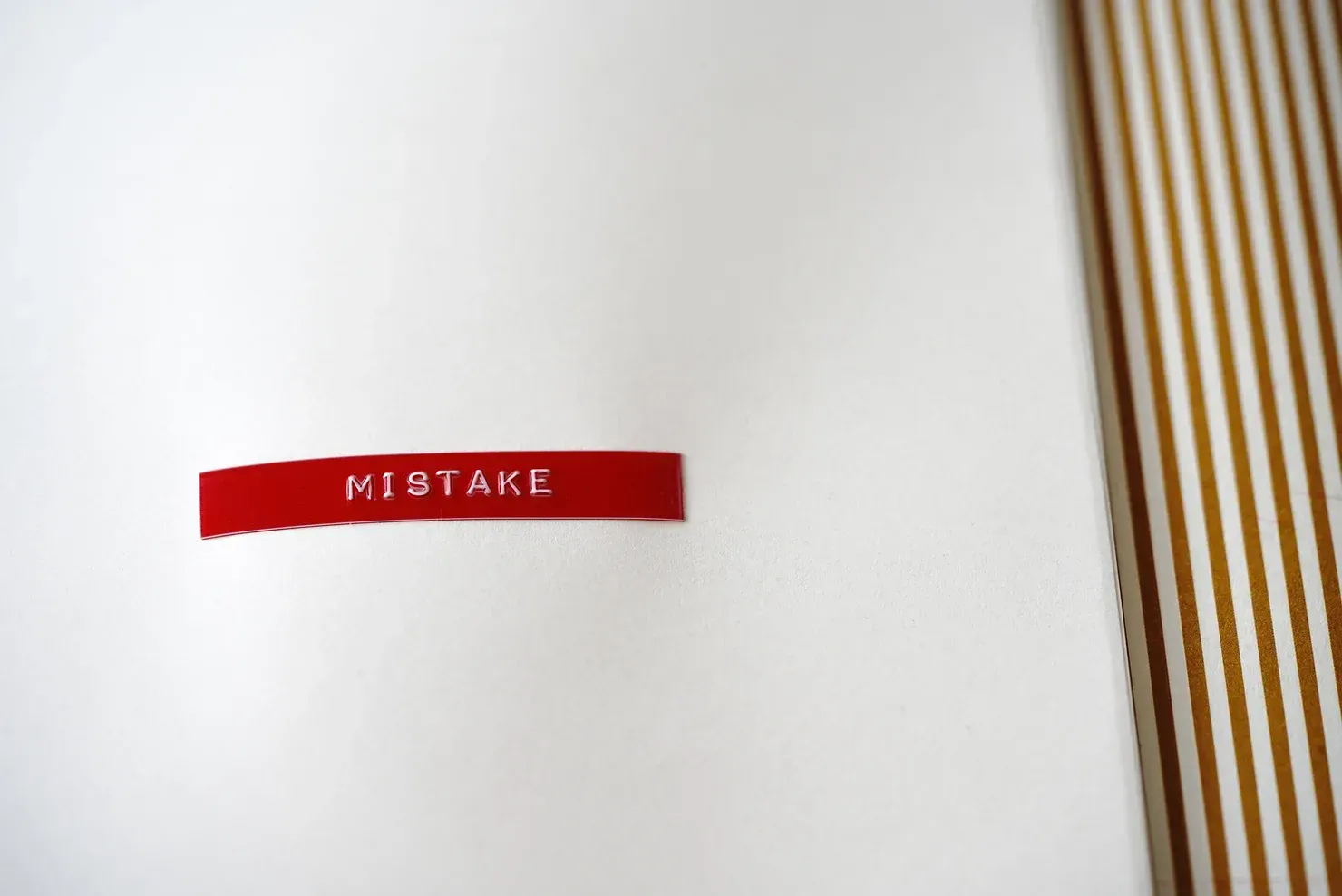What to do after a crash? A guide to personal injury claims - Part 3
This is the third of a three-part series on how to navigate personal injury claims. While car accidents are the most common injury-causing incidents, this information also applies to slip and falls, toxic exposures, and product defects. This article provides guidance and tips on the litigation process and preparing for trial. However, this is not legal advice, and you should always contact a lawyer to discuss your specific case. Consultations are free.
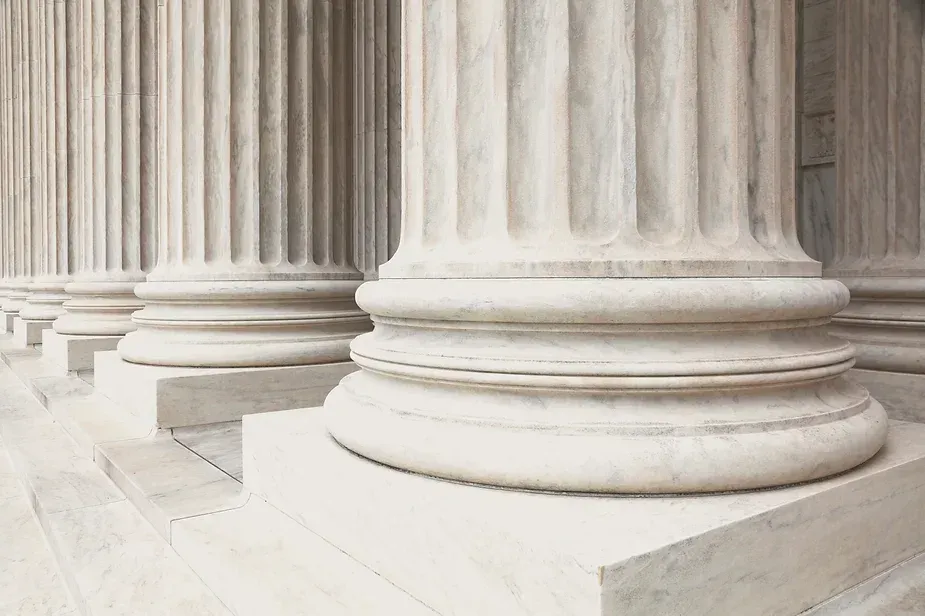

Although your attorney is right next to you throughout the deposition, they cannot answer for you, so you . During your deposition, you must keep the basic ground rules in mind:
(1) Speak one at a time so the court reporter can take down every word spoken;
(2) Listen carefully to each question and think before answering;
(3) Keep your answer short and do not explain unless specifically asked.
Most importantly, you are under oath so you must answer questions honestly and completely. If the other side discovers that you were lying or hiding something, they will bring this up in court and ask the jury to find that you are not credible. If the jury agrees, you will likely lose your case and you may be held in contempt of court.
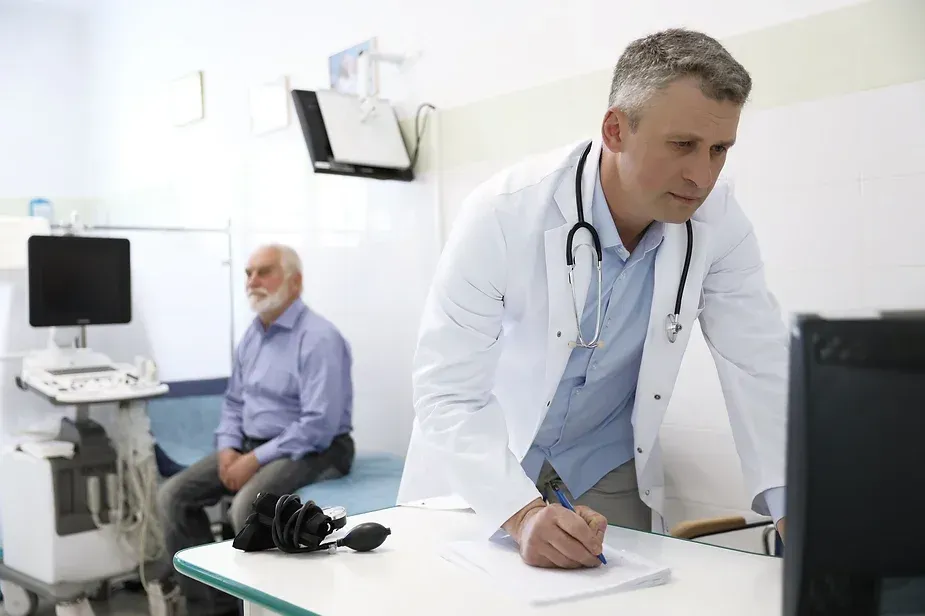
Expert Witnesses
In the months before trial, both sides will retain expert witnesses to support their arguments. The most common expert witnesses in personal injury lawsuits are doctors who evaluate the plaintiff and prepare a report with their findings, diagnoses, and treatment plans. Defendants are permitted to have their own doctor evaluate a plaintiff. These doctors often find ways to show that the injury claimed is unrelated to the incident or that the plaintiff is exaggerating their symptoms. Oftentimes, the parties will also hire an accident reconstruction or biomechanical expert to help the jury understand how the crash occurred and the forces involved in the impact.
Preparing for Trial
In California state courts, trial is often set 12 to 24 months after the lawsuit is filed. While this seems like a long way off, trial preparation should begin as soon as the case is filed. Attorneys must always be brainstorming themes for the case, lines of questioning for witnesses, preferred juror characteristics, and objections to key evidence that will be used at trial.
Mediation
Most courts require the parties to mediate a case before trial can begin. Mediation is a voluntary process where the parties and their lawyers get together with a retired judge or experienced attorney called the “mediator.” The mediator’s job is to get the parties to settle the case by highlighting each sides’ strengths and weaknesses and offering their thoughts based on their experience. The mediator is not a judge and cannot make any decisions concerning the case. While the attorneys do most of the work at the mediation, the plaintiff must be present because only they can decide whether to settle their case.
Once a settlement is reached, the case is over and the plaintiff cannot come after the defendant for any other damages, even if those damages were unforeseen at the time of the settlement. So, you must be very careful when deciding to settle. That being said, 98% of cases settle before trial, and we have found mediation to be very effective at getting substantial recoveries for our clients.
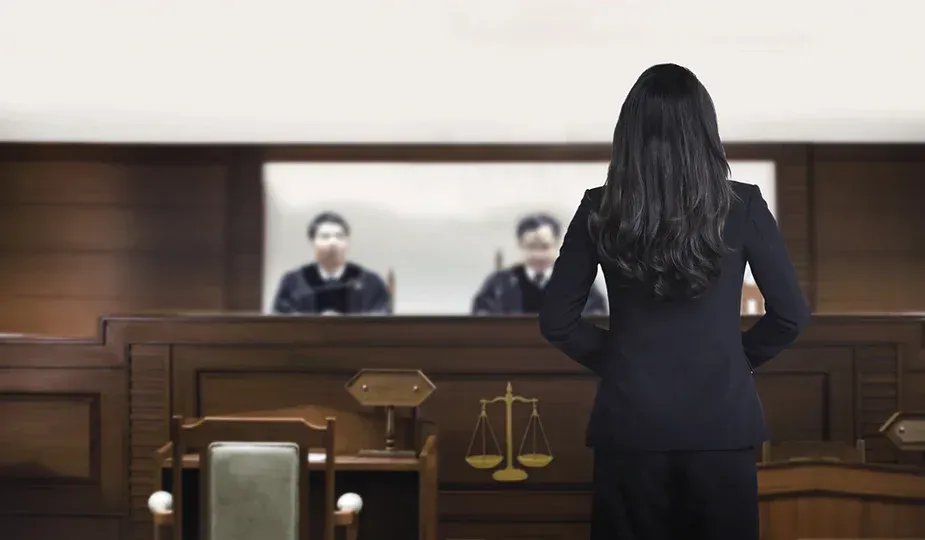
Trial
If the parties are unable to reach a settlement, they will have to go to trial. A plaintiff must be prepared to actively participate in trial preparation and at the trial itself. This usually means that a plaintiff must take off days or even weeks of work so they can spend the day in a courtroom. Personal injury trials are usually very complex and last multiple weeks. At the end of the trial, the jury returns a verdict determining who is at fault for the incident, the percentages of each parties’ fault, and the amount of the plaintiff’s damages. A jury’s verdict is usually a final resolution of the case, but can be appealed. Appeal often lasts another two to four years.
This is not legal advice. You should always contact a lawyer to discuss your specific case. Consultations are free.


